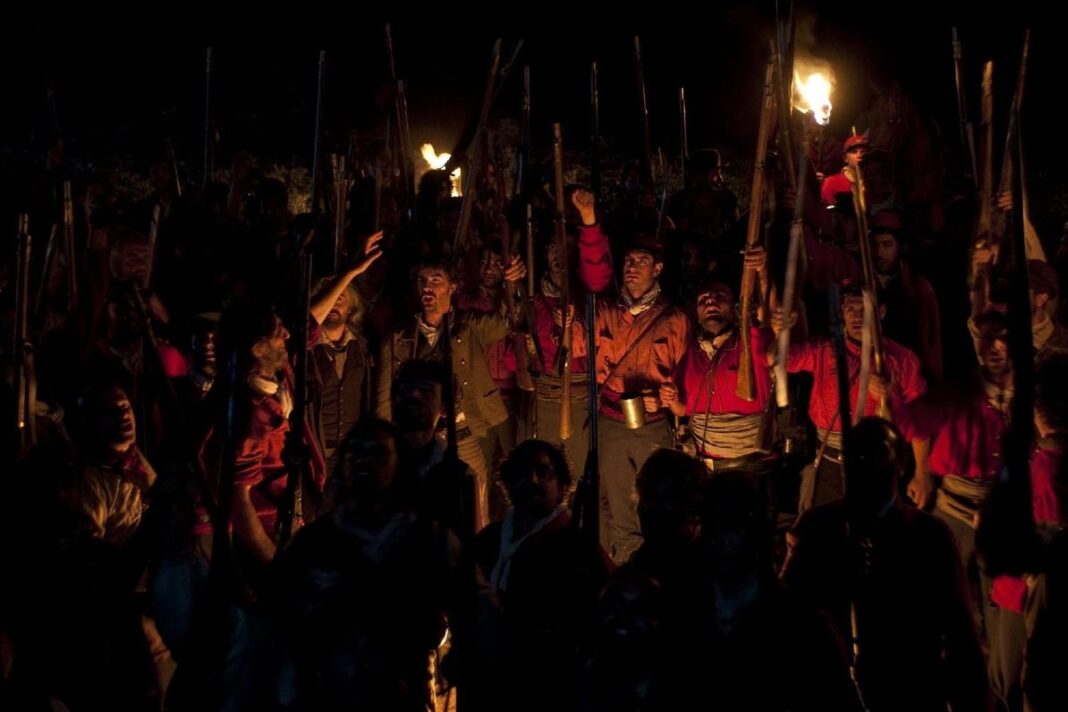The adventure of Italy’s unification, with its twists and missed opportunities, has been a recurring theme in cinema. From historical epics to intimate character studies, Italian filmmakers have explored the complexities of the Risorgimento on the big screen. Let’s dive into a journey through ten films that capture different facets of this crucial period in Italian history.
The Story So Far:
In Roberto Andò’s latest film, "L’abbaglio," the audience is taken on a thought-provoking exploration of Italy’s struggle for unity, shedding light on the challenges and triumphs of the nation’s journey towards unification. As the film hits theaters, it prompts a reflection on other cinematic portrayals of this pivotal moment in history. Here are ten films that delve into the heart of Italy’s past.
1. Filoteo Alberini (1905): The First Glimpse
The first Italian film publicly screened in the nation, Filoteo Alberini’s short film from 1905 commemorates the taking of Porta Pia. Through a series of autonomous frames, this pioneering work reconstructs the event with both educational and spectacular intent, setting the stage for future cinematic explorations of Italian history.
2. Alessandro Blasetti (1934): The Fascist Perspective
Alessandro Blasetti’s "1860" stands as a testament to the Fascist regime’s attempt to align itself with the ideals of the Risorgimento. This film showcases the parallelism between past and present ideologies, with a focus on the revolutionary spirit of the people overshadowing even Garibaldi’s iconic figure. A propaganda piece that challenges traditional narratives.
3. Goffredo Alessandrini (1952): The Biopic Dilemma
"Camicie rosse" offers a biographical take on Anita Garibaldi, portrayed by the legendary Anna Magnani. Directed by Alessandrini with a touch of romanticism, the film navigates the iconic couple’s relationship against a backdrop of historical events. A blend of historical drama and adventure.
4. Roberto Rossellini (1961): The Realist Vision
Roberto Rossellini’s "Viva l’Italia!" commemorates Italy’s unification centenary by dissecting the Mille’s epic journey. Through a neorealist lens, the film delves into the complexities of liberation and political maneuvering, highlighting the human struggles behind the grand historical narrative. A soulful exploration of the victors and the vanquished.
5. Luchino Visconti (1963): The Aristocratic Decline
"Il gattopardo" presents a poignant metaphor for the decline of Sicilian aristocracy and the rise of a new order. Visconti’s masterpiece captures the essence of a changing era with the iconic ballroom scene symbolizing the inevitable transformation. A profound reflection on societal shifts and personal choices.
**6. Florest

